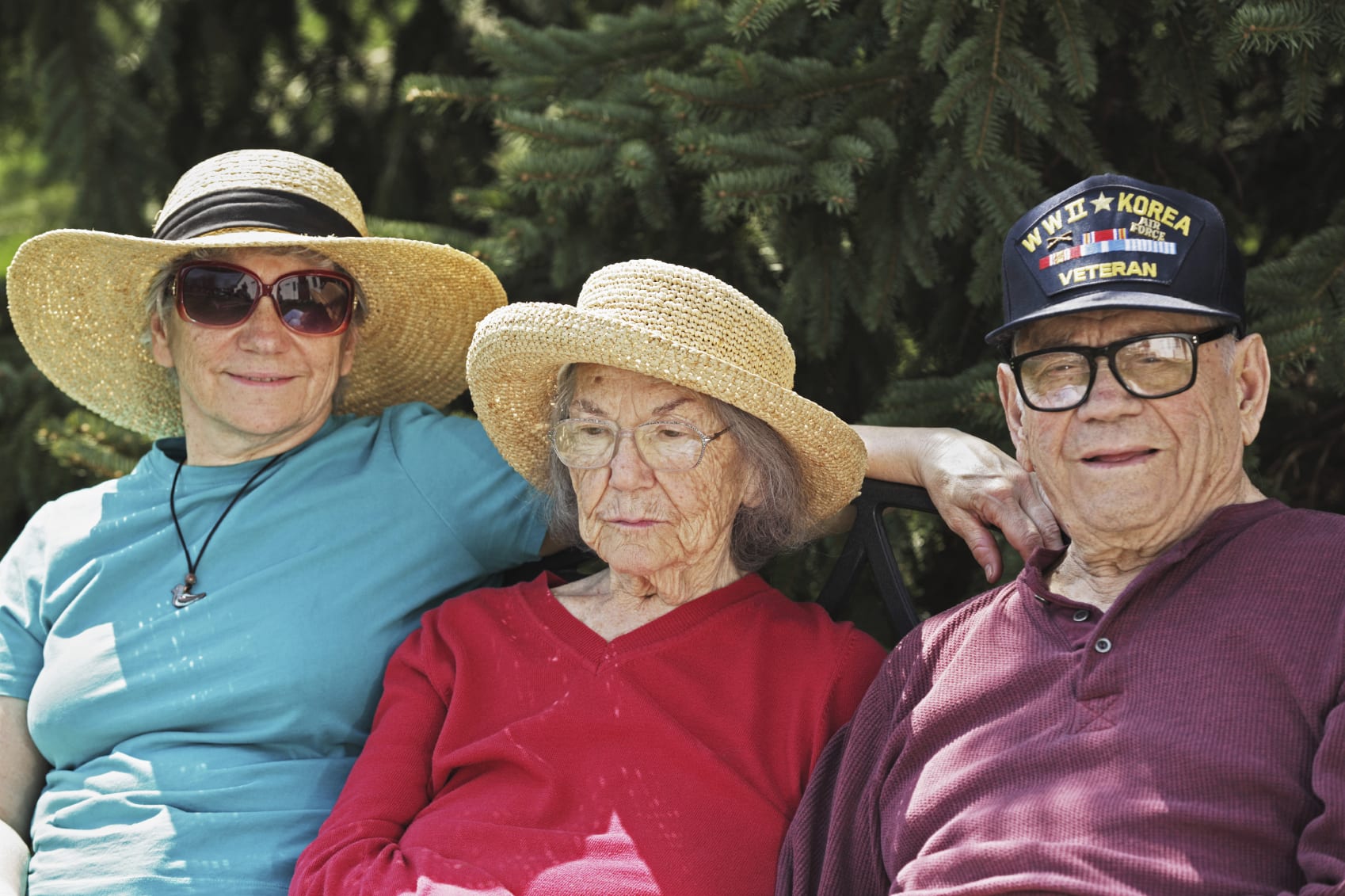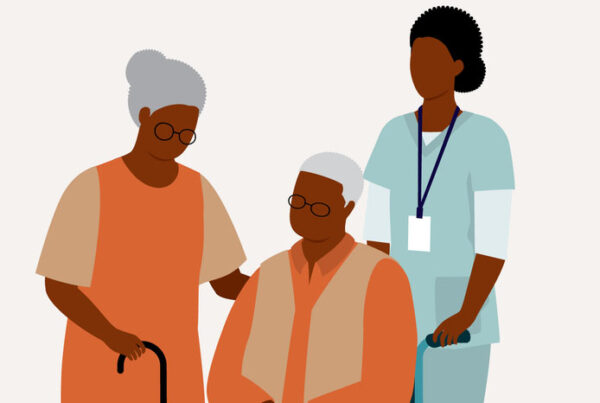May is designated Month of the Military Caregiver and we honor these hidden heroes today and every day. There are 5.5 million military caregivers in the United States, 1.1 million of whom are caring for military veterans who served after the terrorist attacks of September 11, 2001 (RAND, 2014).
A caregiver is someone who assists a family member, friend or neighbor with meeting daily needs. According to the National Alliance for Caregiving, caregivers are as diverse as the United States as a whole: they come from every age, gender, socioeconomic, and racial/ethnic group, and provide a wide range of support (2020). For military caregivers, providing care can become a long-term journey, ranging from younger wounded warriors to other generations of veterans with complex medical conditions, to a child with special health care needs who becomes an adult dependent. Compared to non-military caregivers, military caregivers exhibit poorer health outcomes, greater strain on relationships, and more workplace challenges.
Nearly 40% of military caregivers met criteria for major depressive disorder—almost four times higher than non-caregivers and twice as high as non-military caregivers (RAND, 2014). Military caregivers also provide an estimated $3 billion in care annually, saving the United States substantial sums in avoiding long-term care costs (RAND, 2014).
As we continue to highlight Month of the Military Caregiver, below are some resources we pulled together that may be helpful for anyone providing care. And as we close out the month, be sure to thank not only our service members for their sacrifices, but their families too.
Resources for Military Caregivers
- Staying Positive as a Caregiver
- Is Caregiving Making You Feel Like Your Life is on Hold?
- A Strategy to Help Military Caregivers Use Resources/Supports
- Caregiving – Just Not Enough Time
- Changing Family Relations
- Who Me? I’m Not a Caregiver!
- Financial Stressors Amongst Military Caregivers
- Grief is a Common Emotion for Military Caregivers
- Helping Caregivers with Guilt
- Post 9/11 Caregivers are at Risk of Depression & Other Health Concerns
References
National Alliance for Caregiving. (2020). 2020 Report: Caregiving in the U.S. Retrieved on 17 May 2021. https://www.aarp.org/content/dam/aarp/ppi/2020/05/full-report-caregiving-in-the-united-states.doi.10.26419-2Fppi.00103.001.pdf
Tanielian, T., Ramchand, R., Fisher, M.P., Sims, C.S., Harris, R., & Harrell, M.C. 2014. Military Caregivers: Cornerstones of Support for Our Nation’s Wounded, Ill, and Injured Veterans. Rand Corporation (2014). http://www.rand.org/pubs/research_reports/RR244.html. (Accessed on April 13, 2014).













